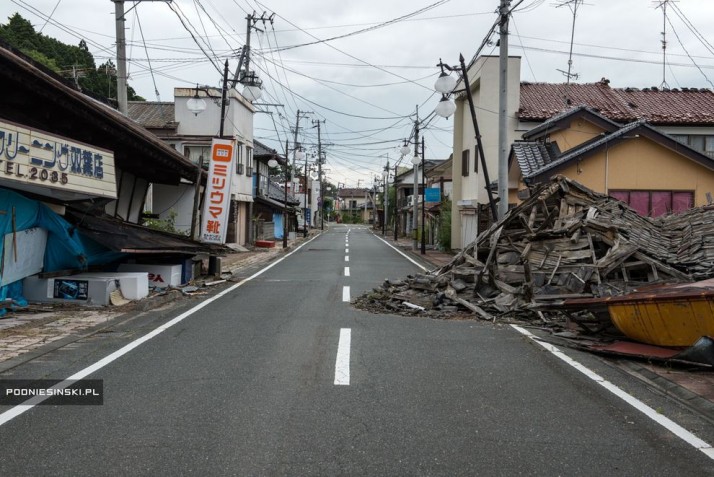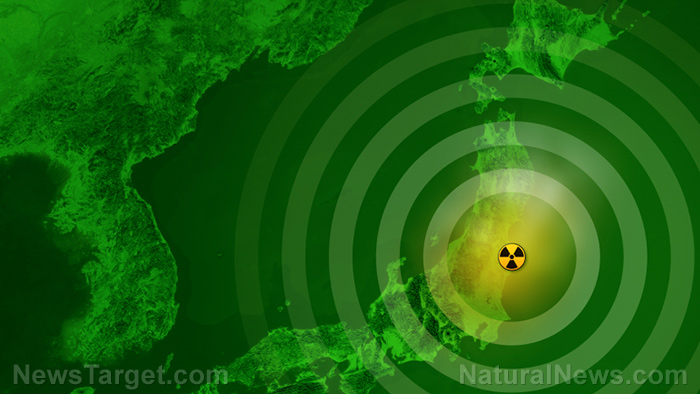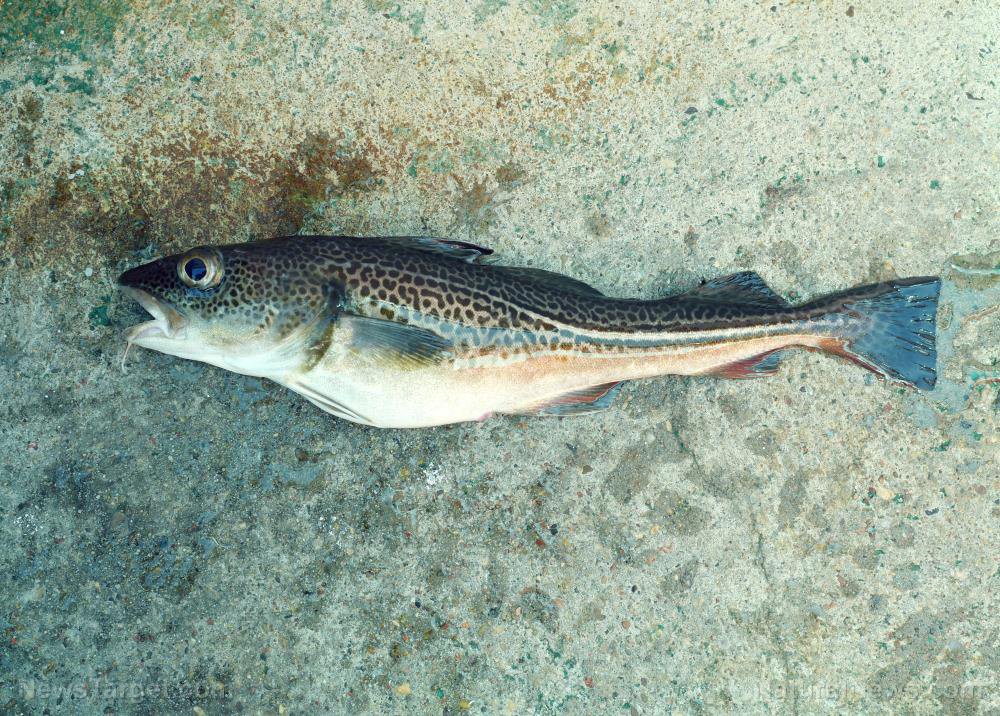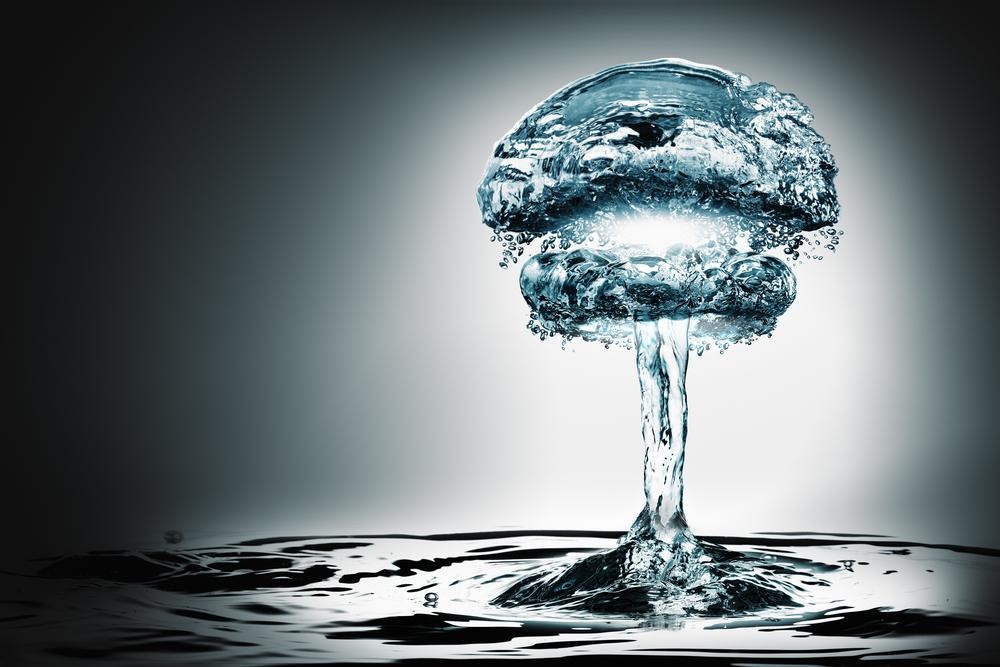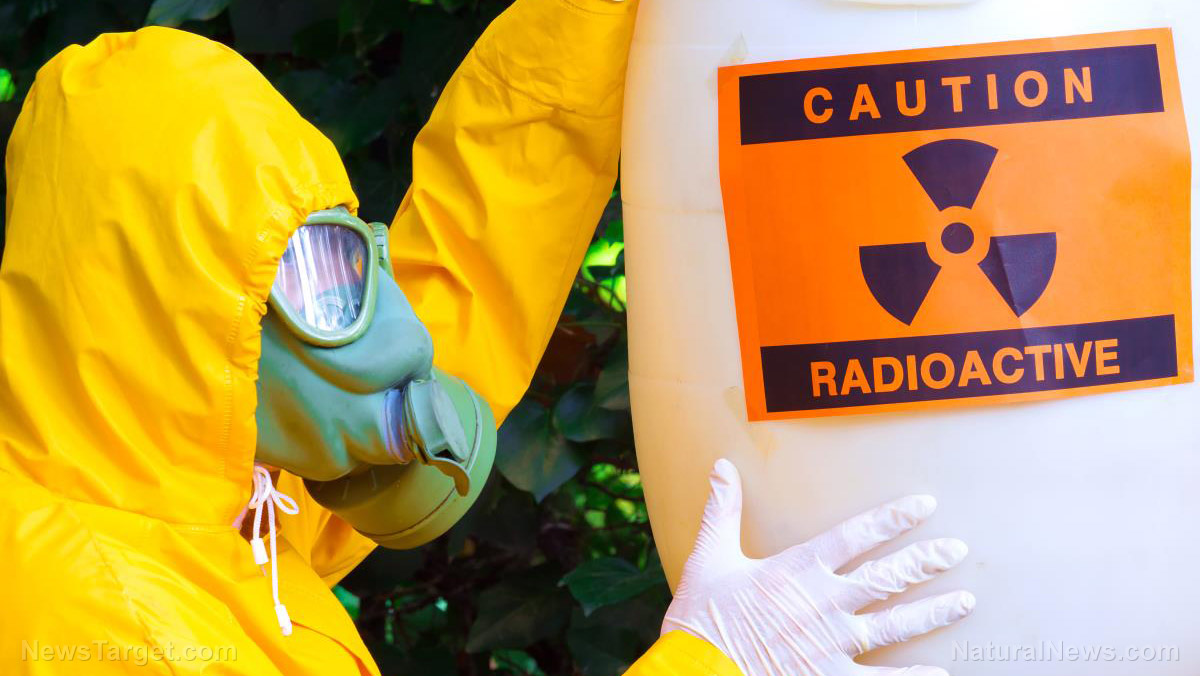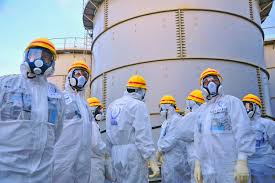Former Japan premier accuses Abe of ‘a lie’ on Fukushima safety
09/12/2016 / By fukushima

Former Japanese Prime Minister Junichiro Koizumi blasted current premier Shinzo Abe’s stance that the situation at the crippled Fukushima nuclear power plant is under control.
Article by The Associated Press
“It’s a lie,” an impassioned Koizumi, 74, told reporters in Tokyo on Wednesday. “They keep saying it’s going to be under control, but still it’s not effective. I really want to know how you can tell a lie like that.”
A spokesman for Abe’s office didn’t immediately respond to a phone call and email requesting comment.
More than five years after the meltdowns at the Fukushima Dai-Ichi plant, the operator — Tokyo Electric Power Co. Holdings Inc. — continues to struggle to contain the radiation-contaminated water that inundates the plant. TEPCO is using a frozen “ice wall” to stop water from entering the wrecked facility, but still about 300 metric tons of water flows into the reactor building daily, mixing with melted fuel and becoming tainted, according to the company’s website.
Company spokesman Tatsuhiro Yamagishi said by email that a process to bolster the ice wall is beginning to have an effect, adding that the company believes no underground water is flowing into the sea without being treated. All radioactive materials are under measurable limits, he said.
Koizumi was speaking at an event to publicize his campaign to raise money to help U.S. servicemen who say they contracted radiation sickness while working on the cleanup after the March 2011 earthquake, tsunami and meltdown.
The former prime minister backed the use of nuclear power during his years in office from 2001-2006, but now says he regrets that he had been ignorant about its risks and is campaigning for its abolition.
“When I was prime minister, I believed what they told me. I believed it was a cheap, safe and clean form of energy,” Koizumi said. “I’m now ashamed of myself for believing those lies for so long.”
Koizumi also blasted Japan’s Nuclear Regulation Authority, saying that its chief, Shunichi Tanaka, gave permission to restart the Sendai reactor in the southern Japanese island of Kyushu despite having reservations about its safety.
The authority wasn’t immediately available to comment outside of business hours.
Local courts and governments have been one of the biggest roadblocks to restarting more reactors, crimping Abe’s goal of deriving as much as 22 percent of the nation’s energy needs from nuclear by 2030.
The Otsu District Court earlier this year made a surprise decision that restricted Kansai Electric Power Co. from operating two reactors in western Japan only weeks after they’d been turned back on.
On March 10, the eve of the fifth anniversary of the disaster, Abe said that Japan can’t do without nuclear power.
Just three of the nation’s 42 operable reactors are currently online. Kyushu Electric Power Co.’s Sendai No. 1 and 2 reactors, which restarted last year, are facing opposition from the region’s new governor, who has twice formally demanded that they be temporarily shut for inspection.
“There is no perfect source for electricity,” Dale Klein, an adviser to Tepco and a former chairman of the U.S. Nuclear Regulatory Commission, said in an interview in Tokyo last week. “If there were a perfect source, we wouldn’t be having our energy debates. Wind has its problems, solar has its problems, coal has its problems. But at the end of the day, we need electricity. And I think nuclear is an environmentally viable way to produce electricity.”
Koizumi contested claims by Abe’s administration that the nuclear watchdog is imposing the world’s most stringent safety standards in the earthquake-prone nation. “If you compare the Japanese regulations to those in America, you realize how much looser the Japanese regulations are,” he said.
“Abe knows the arguments on both sides, but he still believes the arguments for nuclear power generation,” Koizumi added.
Read more at: denverpost.com
Submit a correction >>
Tagged Under:
Fukushima
This article may contain statements that reflect the opinion of the author
RECENT NEWS & ARTICLES
COPYRIGHT © 2017 FUKUSHIMAWATCH.COM
All content posted on this site is protected under Free Speech. FukushimaWatch.com is not responsible for content written by contributing authors. The information on this site is provided for educational and entertainment purposes only. It is not intended as a substitute for professional advice of any kind. FukushimaWatch.com assumes no responsibility for the use or misuse of this material. All trademarks, registered trademarks and service marks mentioned on this site are the property of their respective owners.

